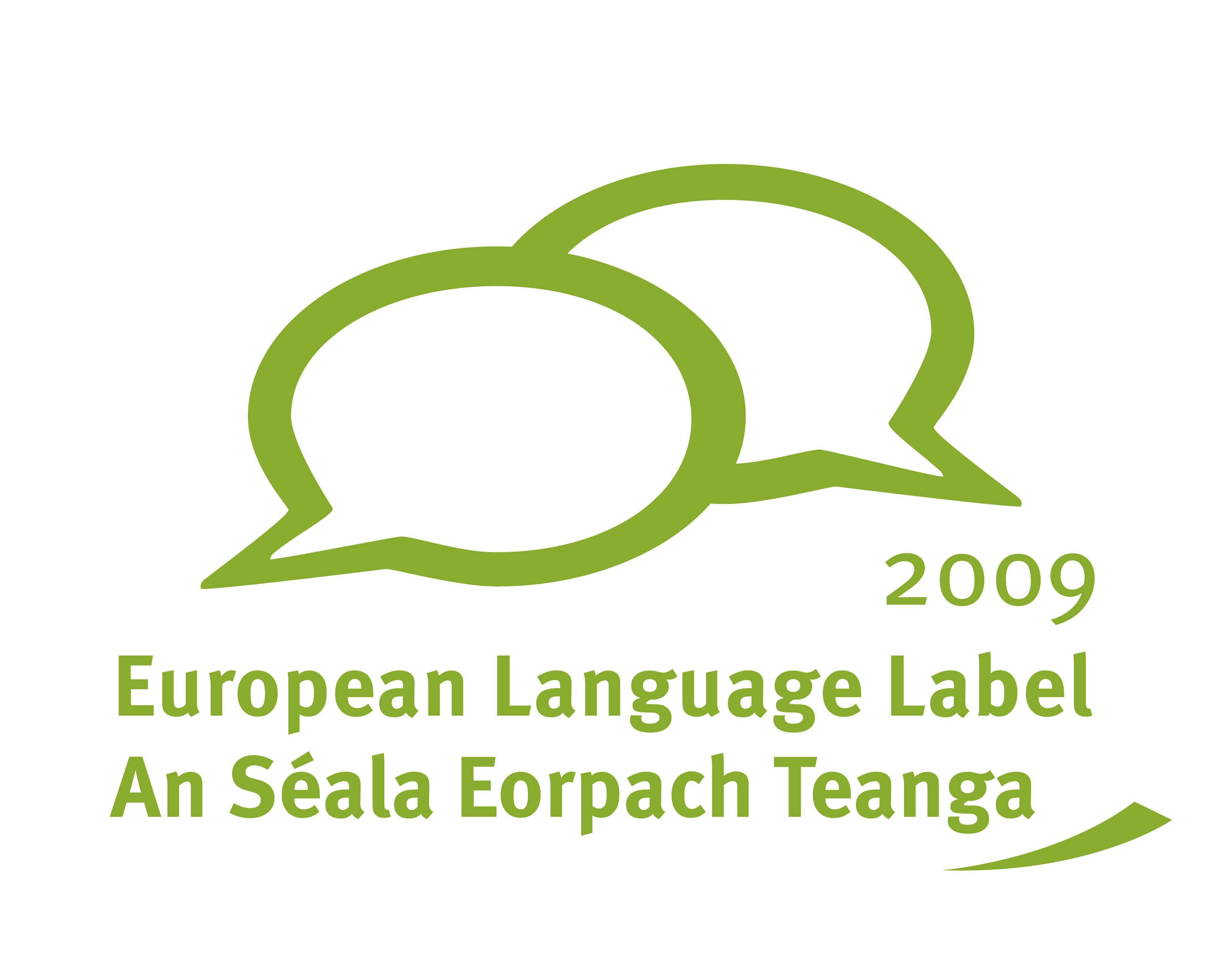We are delighted to host the Toolkit for Diversity in Post Primary Schools which aims to help schools create and sustain a welcoming and inclusive environment for students and parents from all backgrounds and ensure equal success for all.
Please click on the link below

__________________________________
 The ELSP won the 2009 European Award for Languages - click here for details The ELSP won the 2009 European Award for Languages - click here for details
Jury's comments "Feedback from involved teachers very positive about motivation of students and this is motivating for teachers...Very impressed with project...Valuable idea transferable to e.g. Gaelscoileanna."

Remember, these units are further supplemented with a wide range of appropriate language learning and self-study activities suitable for post-primary students to do individually, in pairs or in small groups.
We again acknowledge Gill & Macmillan for their permission to reproduce certain short texts in some of these Units.
|

